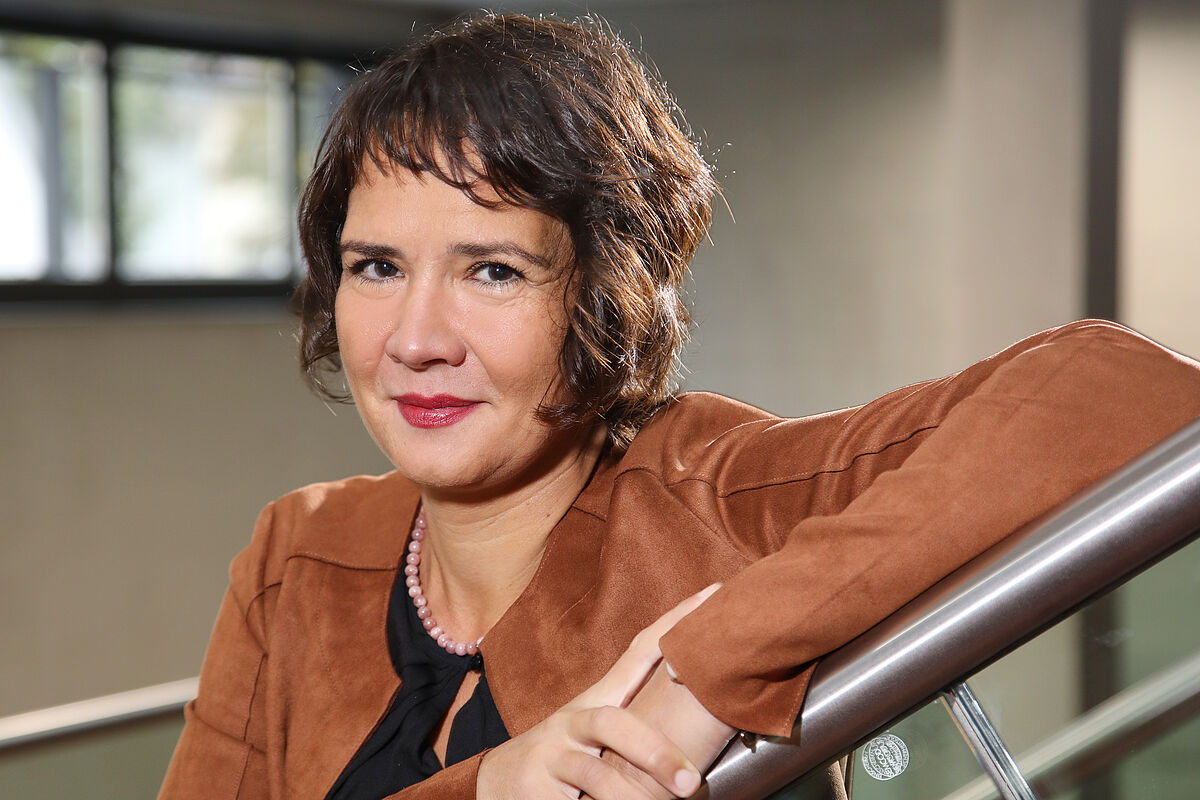
Dr. Marlene Meuer
Alfried Krupp Junior Fellow
(October 2023 - September 2024)
- Doctorate at the University of Freiburg with a cultural hermeneutic thesis on the Polarisation of Antiquity in the Age of Enlightenment - after studying Literature, Philosophy and Politics as well as History, Art history, Classical philology and Romance studies at the universities of Freiburg, Basel, Rome and Berlin
- 'Second Book' on the 'Laura' cycle in Schiller's 'Anthologie auf das Jahr 1782' - after spending time in the archives of the Klassik Stiftung Weimar and the German Literature Archive Marbach as well as teaching and research stays in Eichstätt, Aberdeen, Catania, Konstanz and Lüneburg
- Currently a member of the Young Academy Mainz and working on her third book (habilitation thesis), including collaborations and research stays at Goldsmiths College in London and the Czech Academy of Sciences in Prague
Fellow project: "Postdigital Language Art as a Challenge to Avant-Garde Research“
The metamorphosis of the literary into other art forms through the evolution of new media is the focus of my comparative literary studies project. It takes the perspectives of avant-garde research and asks what new aesthetic crossovers and artistic formations the most recent media revolution, i.e. the one from typographic to electronic media, has brought with it. My leading question is: To what extent must the concepts in avant-garde research be developed further given these new literary forms which combine elements from very diverse art genres in new media and beyond? But my project focuses not only on the digital but mainly on the recently proclaimed 'post-digital' age. That means that it treats works of art that are designed to be created in the medium of the computer as well as those that - in opposition to electronic artificiality and alienation - celebrate elements of haptic material in manuscript art or the bodily presence in the performative. The forms of media poetry on which the study is based, even if they are dependent on computer production, may be described as 'post-digital' insofar as digital and post-digital language art differ from each other in terms of aesthetics and formal language. While digital poetry is considered as literary art that seeks new aesthetic expression in the digital itself, such as code poetry or most literary experiments with AI, post-digital poetry sometimes makes use of digital techniques, but it does not seek new or original aesthetic forms in them. For them, the new, progressive and innovative aspect already extends beyond the computer. The main aim of my project is to show to what extent post-digital media poetry extends beyond pre-digital avant-gardism and, therefore, to what extent the concepts developed in avant-garde research must be developed further in the face of new poetic art forms based on art genre crossovers in various media.
